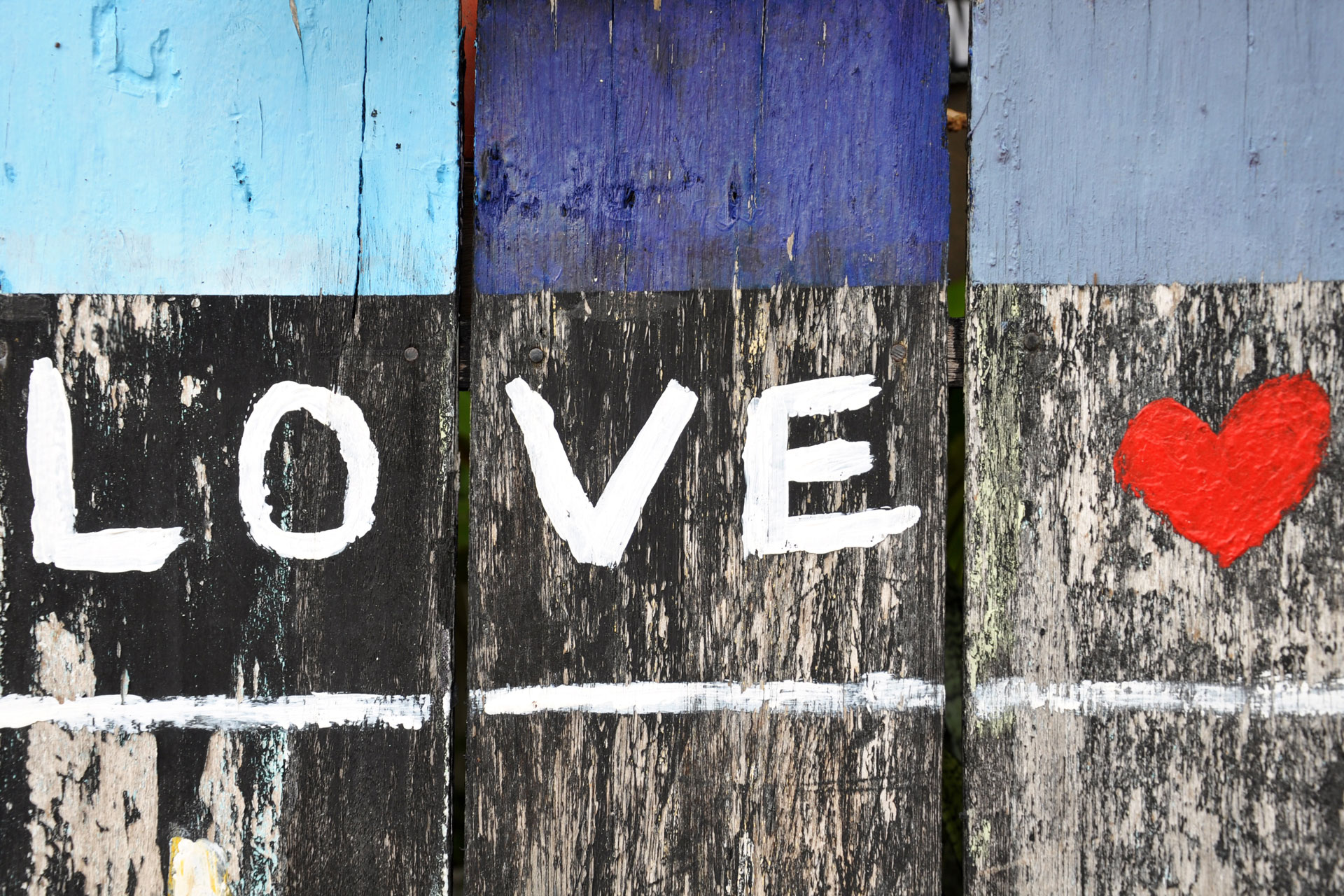“Most of the shadows of this life are caused by standing in one’s own sunshine.”
– Ralph Waldo Emerson
I’ve been pondering this question for a while now, as this topic comes up often with my clients who struggle with negative senses of self. From the outside, it seems like they have it all, success, education, a powerful career. But internally, they struggle with a sense of inadequacy and unworthiness. Many of these individuals’ upbringings were marked by a childhood of emotional or physical abuse – parents telling them that they were bad, teachers making them feel like they weren’t smart enough, or a history of being bullied because of how they looked or acted. These experiences lead to an internalized doubt about a person’s basic human worth and a desire to look outside for fulfillment, only to be disappointed because the truth is… it can only be found once you love yourself.
But all is not lost. Through good, meaningful therapy I’ve witnessed the profound effects of healing one’s sense of worth and cultivation of self-love.
What does is mean to love yourself?
I like to define self-love as an ongoing state of acceptance and respect for who you are. It’s kindness and gentleness starting from your inner dialogue, to actions that support your physical, psychological, and spiritual growth. Self-love is being alert to your own needs and committing to your wellbeing.
Can you love others if you don’t love yourself?
My research on this topic has found an emotional case for each side. Conclusions I can draw from my work as a psychotherapist is that a healthy self-love and acceptance increases the depth of love that you can hold for another. When you allow your most vulnerable self to be deeply seen and known, when you come to fully embrace yourself, your emotional bond deepens.
As humans, we have parts of self that we feel are “unacceptable” qualities – the qualities in which we hide and feel shameful of. When you’re able to accept these parts of yourself and share them with the beloved, it often prompts them to respond in a heightened willingness to self-disclose. This is a deeper love- I know all the parts of you, even the “negative” parts, but I still love and accept you.
Happiness
Perhaps you can love others if you don’t love yourself. I have seen many people who care deeply for others yet face the impossibility of extending this kindness towards themselves. The better question may be: Can you ever be happy without figuring out how to love yourself? Having regard for yourself and your wellbeing is necessary for an inner state of contentment and being happy with life in general.
No matter how gratifying the relationship can feel, it will not change the fact that happiness is contingent on you being happy with yourself.
Final note
The healing process is something that can only happen within, no one can do it for us. No matter how difficult or traumatic your childhood was, or how painful your adult experience was – it is always possible to heal and learn to love yourself.




